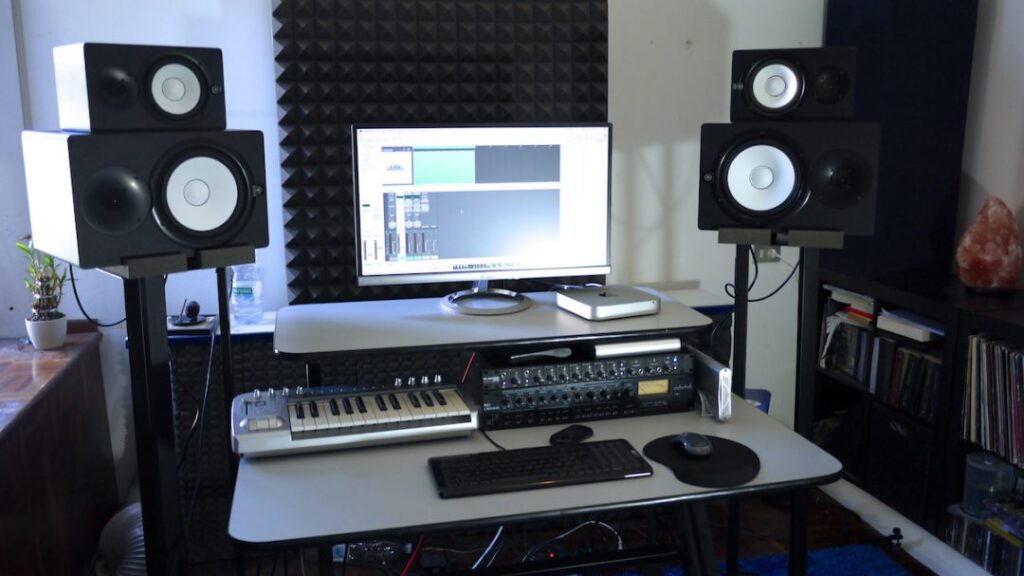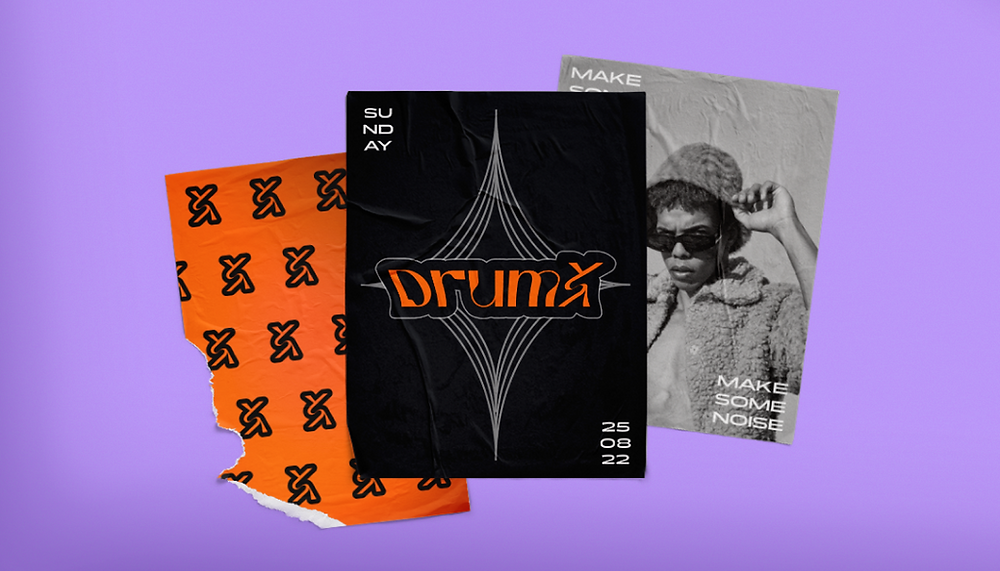Meta Description: Discover how independent artists are transforming the music industry with creativity, freedom, and technology. Explore their journey and impact in this digital era.
1. Introduction: A New Era in Music

The digital age has reshaped the music industry. Independent artists now have the tools to record, produce, and distribute their work without relying on major labels. This shift has democratized music creation and opened doors for diverse voices.
2. Breaking Free from Traditional Labels

Many artists are choosing independence over traditional record deals. Freed from label contracts, they gain control over their creative direction, rights, and revenue. This independence fosters innovation and a stronger personal connection with audiences through music.
3. The Role of Social Media in Music Promotion

Social media platforms like Instagram, TikTok, and YouTube are vital for promoting music. Independent artists can now build loyal fanbases, go viral overnight, and market their songs directly without intermediaries.
4. Affordable Home Recording Technology

Recording high-quality music at home is now easier and more affordable than ever. With a laptop, mic, and production software, artists can produce professional-grade tracks without expensive studio time, leveling the playing field.
5. Streaming Platforms Empowering Indie Artists

Platforms like Spotify, Apple Music, and Bandcamp have become lifelines for independent musicians. These platforms allow artists to upload, distribute, and monetize their music globally with little to no gatekeeping.
6. Direct Fan Support with Crowdfunding

Services like Patreon and Kickstarter let fans support artists directly. This new model helps independent creators fund albums, tours, and merch without corporate backing, ensuring their music stays authentic and community-driven.
7. DIY Branding and Artistic Identity

Indie artists manage their own image, style, and storytelling. From cover art to merch design, every piece reflects their unique identity. This DIY branding helps them stand out in the saturated music market.
8. Collaborating Across Borders

Online tools enable collaborations between musicians across the world. Independent music is no longer restricted by geography—an artist in L.A. can co-write a track with someone in Tokyo or Berlin with ease.
9. Indie Music Awards and Recognition

From the Independent Music Awards to Grammy nominations, recognition for non-mainstream music is growing. Indie artists are now competing with and outperforming major-label acts, proving talent can thrive outside the system.
10. The Future of Music Is Independent

The rise of independent artists is not a trend—it’s a transformation. As technology continues to evolve, expect even more creators to shape the future of music on their own terms, inspiring millions along the way.
Conclusion
The music industry is witnessing a powerful shift. Independence is empowering artists to own their art, connect with fans directly, and innovate without limits. For listeners, that means more authentic, diverse, and passionate music than ever before.
Tags: music, independent artists, indie music, music industry trends, streaming platforms
